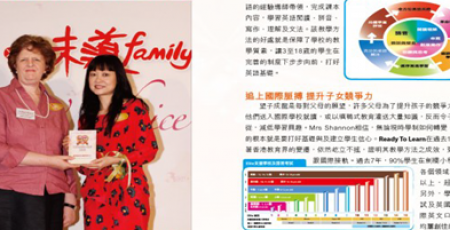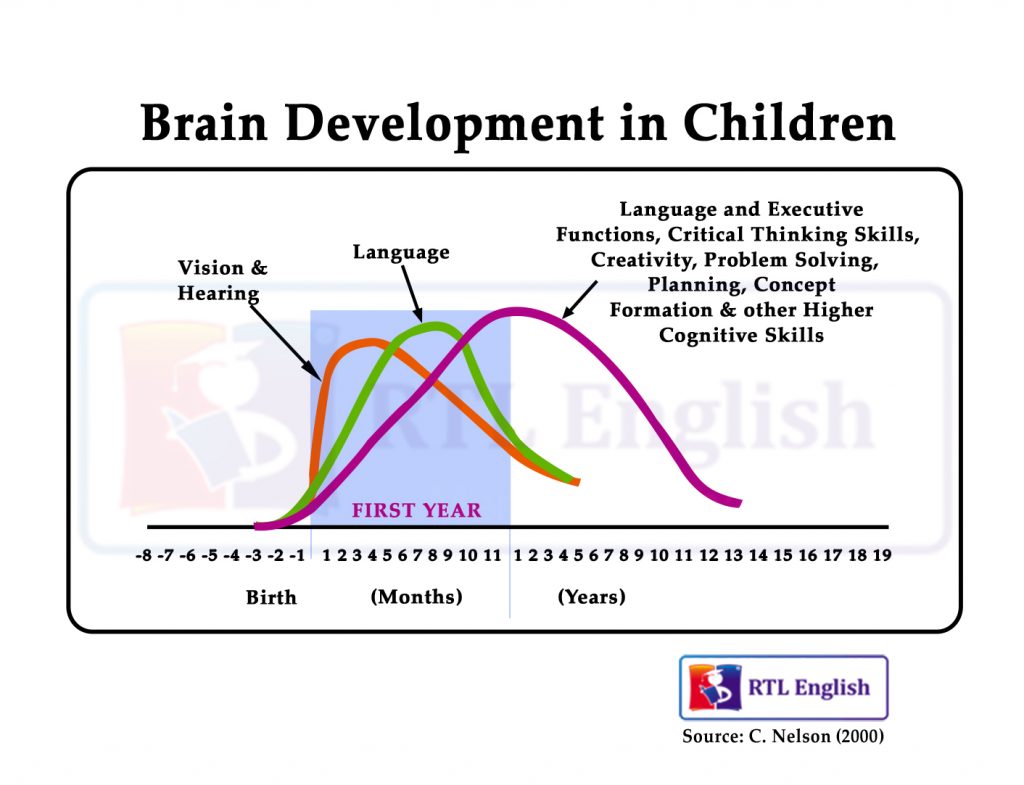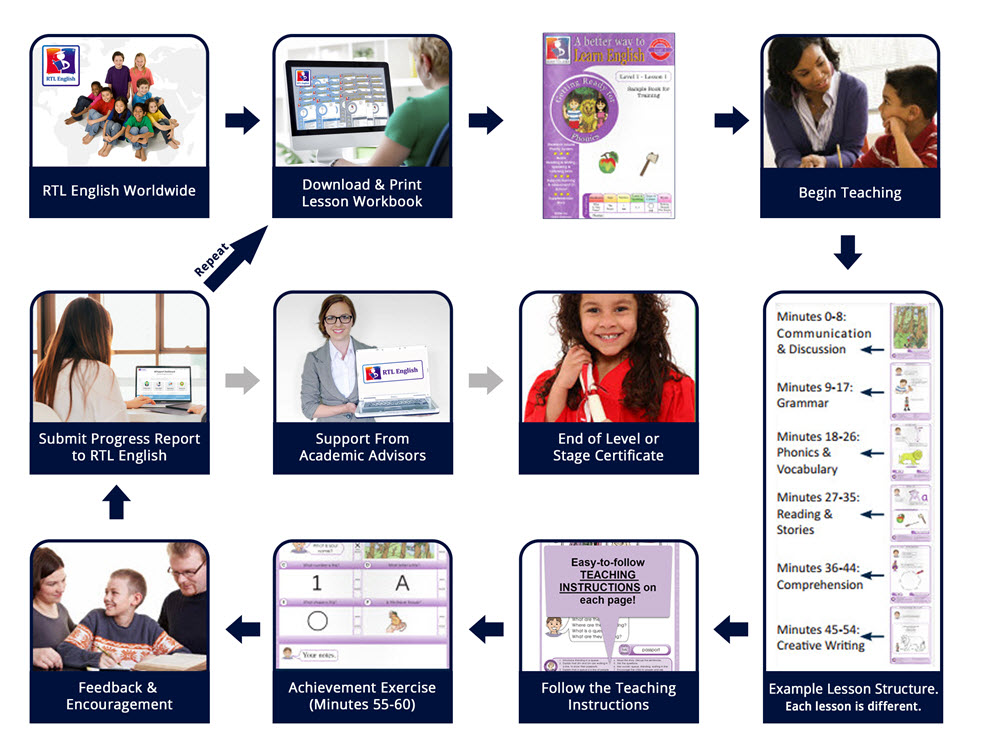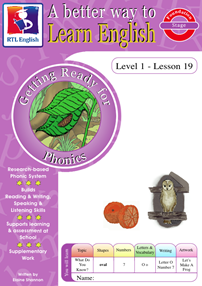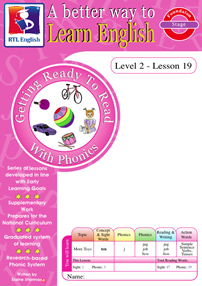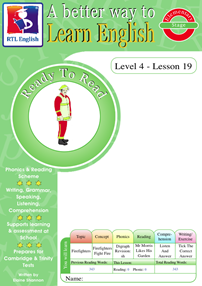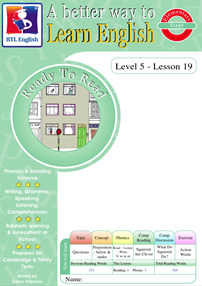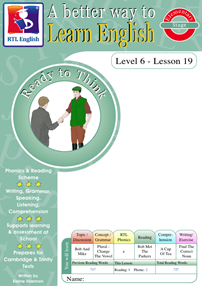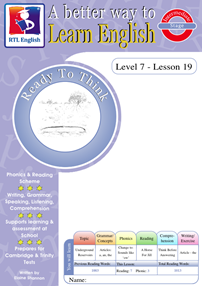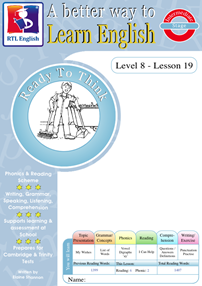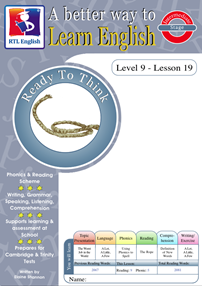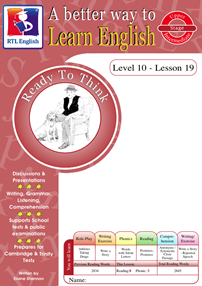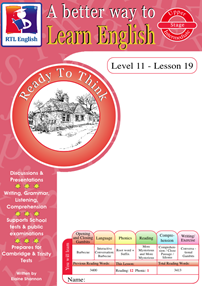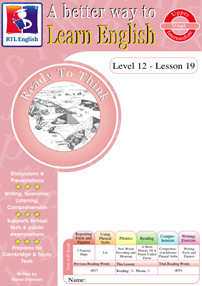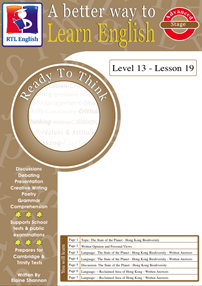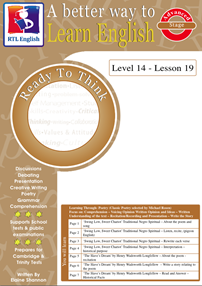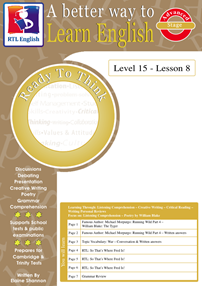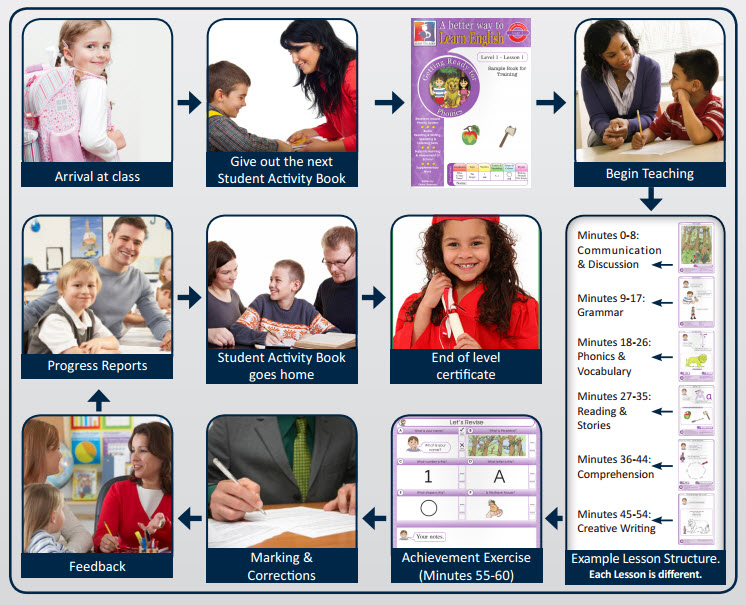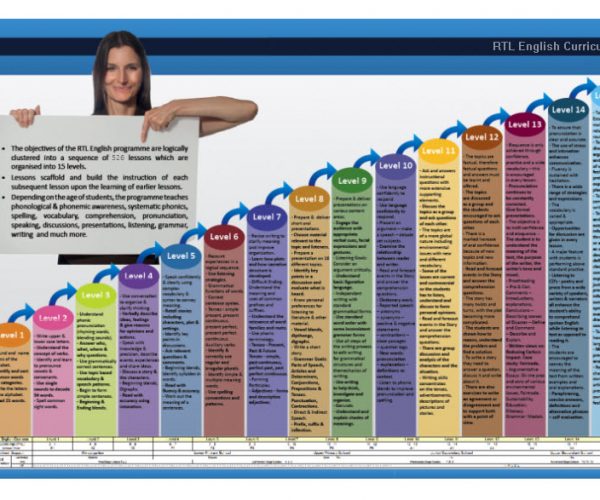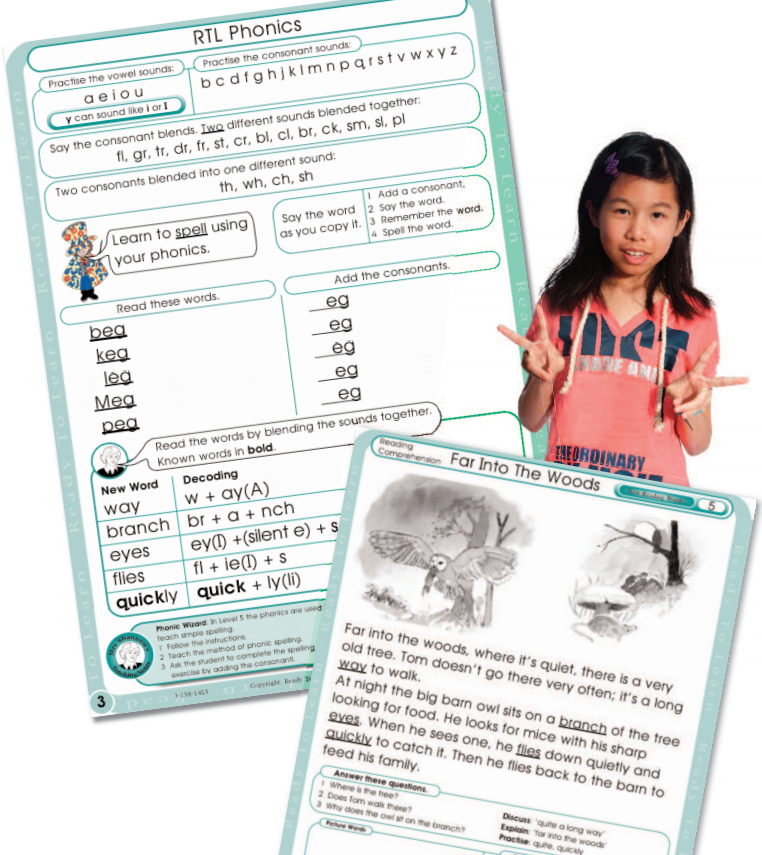Is your son or daughter a smart child because he or she became an early reader, acquired a passion for knowledge, developed early language and literacy skills and has an air of confidence that will last them a lifetime?
Or is your child struggling to read, under performing at school and set-up for a lifetime of frustration and failure?
Of course everyone wants to be the proud parent of a happy and confident child. And every parent can.
But, in order to guarantee a brighter future for your child, it’s often necessary to take your child’s education into your own hands. Let me tell you why …
Teaching your child to use English proficiently might very well be the key to their success in school, in exams, in their careers and beyond.
Teaching your child might be the key, not only to their success in school and their careers, but arguably to their sense of self-worth and life itself.
And, if you want your child to grow up to be smart and successful, then you need to understand how important it is that you teach your child when their brain development is at its peak.
The cerebral cortex in your child’s brain is responsible for their sight, hearing, and smell. It also controls their speech, thinking, and memory. In fact, the cerebral cortex is what makes them – them! At birth, the cells in your child’s cerebral cortex were poorly connected (they are for everyone). However, by 2 to 3 years old, the cerebral cortex contains 100 trillion connections. And that number remains high until the eighth birthday when it begins to gradually decline and level off to adult levels. It’s very important to take the opportunity to teach children during this time when brain development is peaking.
